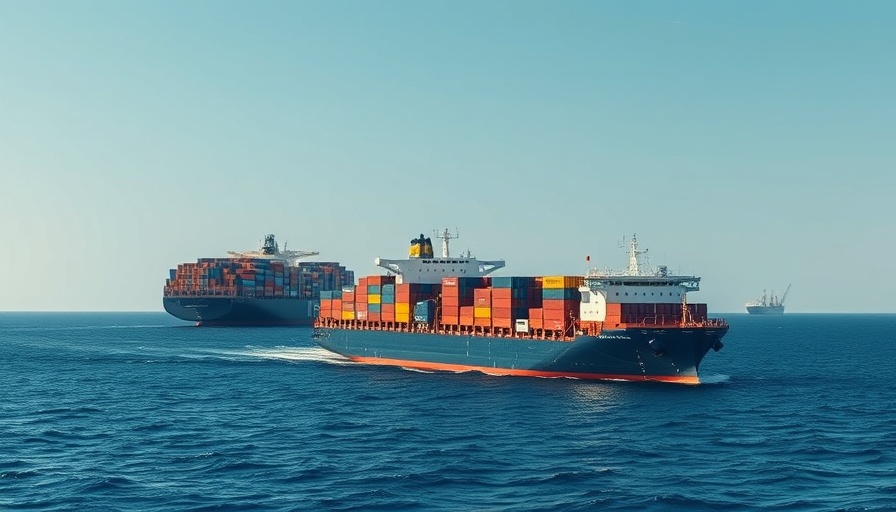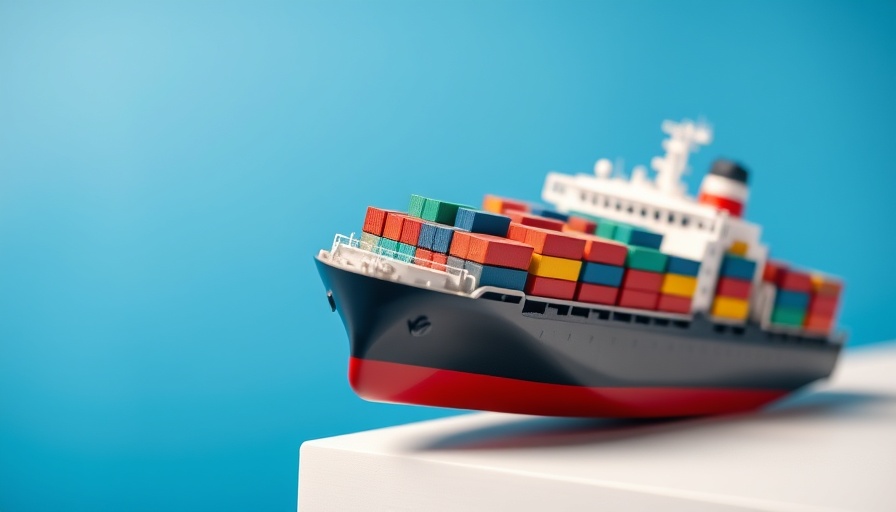
Understanding the Current State of Global Trade
In today's world, marked by tariff uncertainties and changing economic landscapes, the question arises: how can global economies attain a state of balance and trust? Recent developments reveal that the reliance on a fully integrated economic system—a goal aimed for decades—is faltering. Despite the potential benefits of globalization, escalating tariffs are reshaping not only how countries interact but also the prospects for economic stability.
The Shift in Economic Dynamics
On April 2, 2025, the U.S. government announced significant tariff increases, an act that exposed growing discontent with global trade frameworks. Though tariffs are a traditional tool for protecting domestic industries, they have led to turmoil in financial markets, with stock prices fluctuating wildly and consumer confidence dwindling to 2022 lows. Economists are now expressing heightened concerns about a possible global recession, with the U.S. economy contracting by 0.3 percent in the first quarter—an alarming sign after two years of GDP growth.
The Need for a New Economic Strategy
As economies teeter on the edge of recession, a fresh approach is required. This involves shifting production and consumption patterns, such as the U.S. producing more goods for its consumption and China increasing its purchasing of domestically produced items. Furthermore, Europe's role as a competitive entity capable of supporting economic growth is vital, alongside the integration of emerging economies in the global south.
Dangers of Continued Trade Hostility
The present trajectory of escalating tariffs leads to more than economic strife; it threatens to erode the foundational trust necessary for international collaboration. Political leaders and business executives face a pivotal decision: continue down this conflict-driven path or forge a sustainable route that rekindles cooperation and stability. The latter choice is imperative for fostering environments conducive to growth and innovation.
Rebuilding Trust: A Necessary Step
The question thus shifts from simply evaluating economic policies to contemplating the long-term impact of these decisions on global trust. It is essential for government and business leaders to work together to create pathways that not only address immediate economic challenges but also provide a vision for trust-based collaboration. Only by doing so can economies thrive, navigating beyond the current landscape of division.
Conclusion: The Role of Leadership in Shaping Outcomes
Leaders across industries must recognize the critical nature of this juncture and actively participate in dialogues that drive economic integration while favoring mutual benefits. By fostering open communication and collaboration, stakeholders can rebuild the trust necessary for a prosperous global economy.
 Add Row
Add Row  Add
Add 




Write A Comment